Results
-
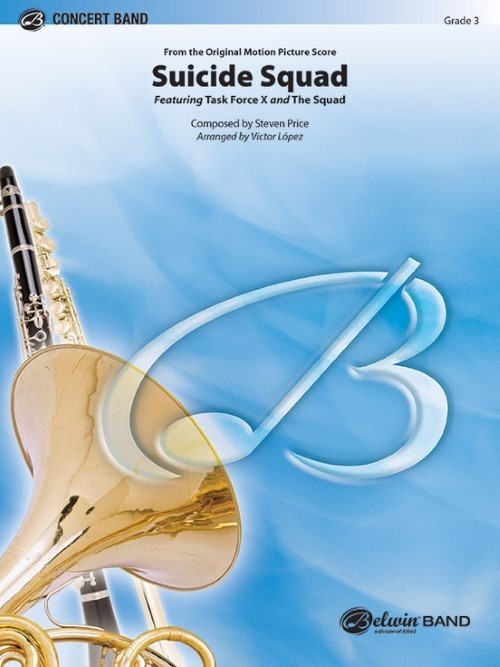 £70.50
£70.50Suicide Squad (Concert Band - Score and Parts) - Price, Steven Brian - Lopez, Victor
Want rambunctious action from beginning to end, followed with emotions that elevate to high levels? Look no further! Suicide Squad featuring "Task Force X" and "The Squad," will definitely give your audience and students the crazy excitement as it matches the filmed action and visuals very well. A genuine taste of the original soundtrack in a very playable format that stays true to the main theme in the original Steven Brian Price film score.Duration: 4:00
Estimated dispatch 7-14 working days
-
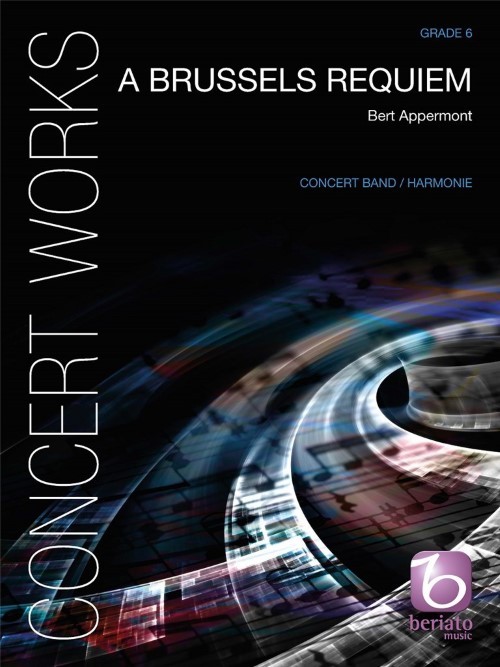 £274.99
£274.99A Brussels Requiem (Concert Band - Score and Parts) - Appermont, Bert
The attacks in Brussels on 22 March 2016 created a shockwave throughout Belgium and the rest of the world. Equally, the attacks in Paris and Nice led to great public indignation, fear and disbelief. Bert Appermont's intention was to voice certain emotions that these acts of terror have caused: particularly fear, grief, anger, and helplessness. He uses the French children's song Au Clair de la Lune as a connecting thread throughout the work.Duration: 16.30
Estimated dispatch 7-14 working days
-
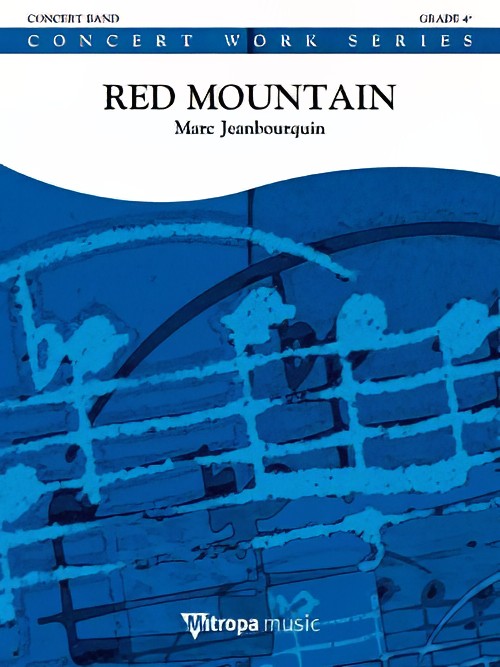 £144.99
£144.99Red Mountain (Concert Band - Score and Parts) - Jeanbourquin, Marc
We all set ourselves certain goals in life, some of which can be compared to mountains and are not always easy to reach. Red Mountain depicts these moments, variously strewn with doubts, confidence, calm and emotions. Duration: 9.15
Estimated dispatch 7-14 working days
-
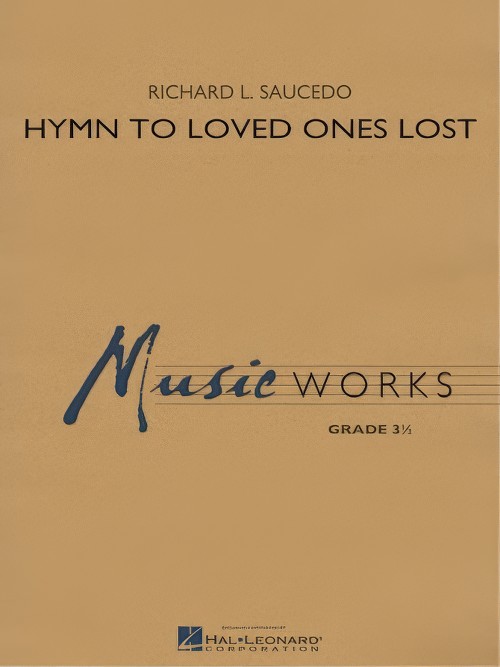 £72.99
£72.99Hymn to Loved Ones Lost (Concert Band - Score and Parts) - Saucedo, Richard L.
In this touching composition, Richard Saucedo has created a collage of feelings and emotions associated with losing someone near and dear. Along with a sense of sadness, the piece also reflects feelings of frustration and anger we often feel at these times. It is the composer's hope that this musical tribute will help remind us all that music is for everybody.
Estimated dispatch 7-14 working days
-
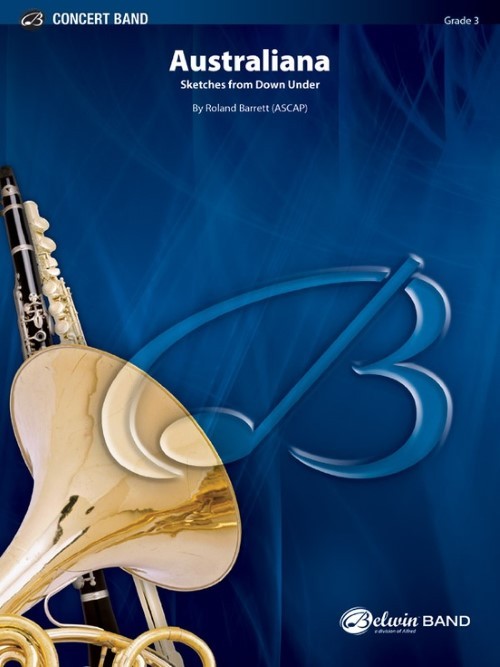 £70.50
£70.50Australiana (Sketches from Down Under) (Concert Band - Score and Parts) - Barrett, Roland
Drawing its inspiration from "the land down under" and featuring quotations from the traditional Australian tunes "Waltzing Matilda," "Bound for South Australia," and "Advance Australia Fair" in a glorious overture-style medley, this composition salutes the spirit, diversity, and proud heritage of the people of Australia. The musical emotions alternate between the hauntingly beautiful, reverent themes and the joyous, even raucous, folk tunes building to a glorious conclusion.Duration: 3:30
Estimated dispatch 7-14 working days
-
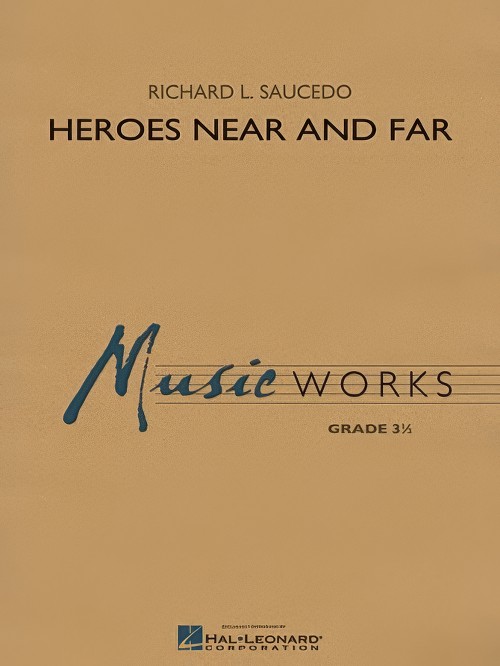 £89.99
£89.99Heroes Near and Far (Concert Band - Score and Parts) - Saucedo, Richard L.
Each of the five movements of this innovative work is designed to invoke a particular type of emotion associated with leadership. Courage is stately in nature and written in a marcato style. Vision is playful in character and focuses on mixed meters as well as mixed emotions. The lyrical and sensitive Compassion is meant to stir the soul, while the contrasting Selflessness offers some of the most intense and demanding music of the set. The energetic final movement Heroes will bring to mind your own favourite superhero! Educator and speaker Scott Lang helped develop the concept for this unique work, and has made available supplemental curricula centred around leadership and character development. This material is tied to the Common Core Standards relating to reading, writing, music, art, and critical thinking. Each movement and its accompanying curriculum can stand on its own, allowing the director the flexibility of using as much or as little as desired. A tremendous resource for today's teacher!Duration: 9:30
Estimated dispatch 7-14 working days
-
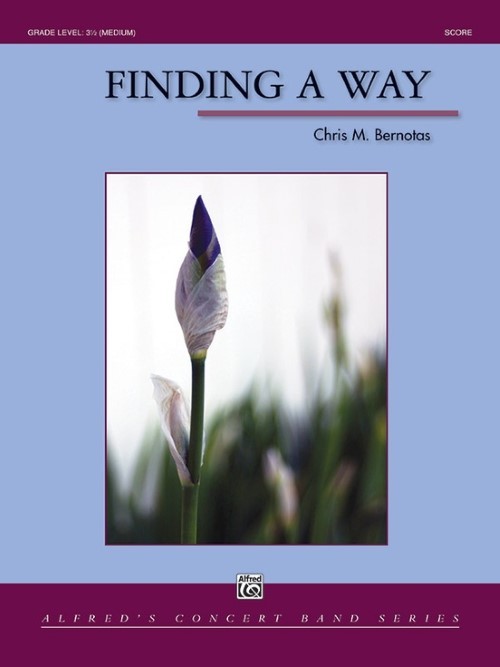 £77.50
£77.50Finding a Way (Concert Band - Score and Parts) - Bernotas, Chris M.
Beginning with an unresolved emotion and motive, Finding a Way travels through many emotions looking for a way to find resolution and comfort, conveying an uplifting and hopeful spirit that ultimately finds peace. When healing has had a chance to occur, sadness and sorrow can become replaced with delight and excitement of our memories. The piece concludes with a restatement of the opening, questioning motive, but this time with the question answered.Duration: 4:15
Estimated dispatch 7-14 working days
-
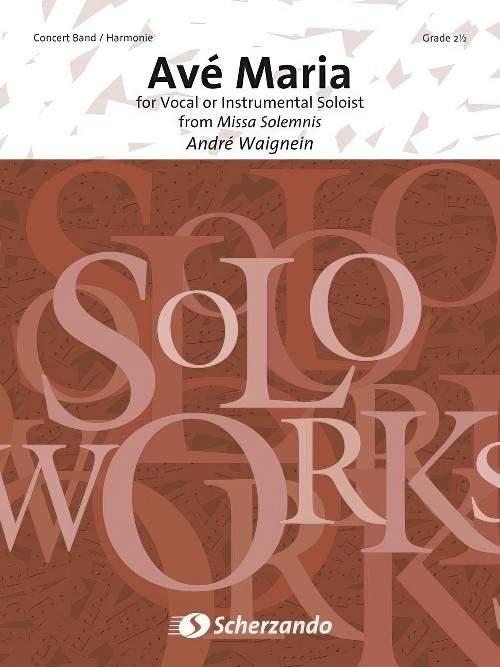 £89.99
£89.99Ave Maria (Flexible Solo with Concert Band - Score and Parts) - Waignein, Andre
Ave Maria, an excerpt from the Missa Solemnis, was written by Andr Waignein at the request of the Aosta Valley Regional Council, in Italy. Missa Solemnis contains all the musical parts that are used to accompany liturgical rites. However, the composer was keen to include an Ave Maria in memory of his mother, who was a very religious person and especially revered the Virgin Mary.This Ave Maria reveals a shimmering melody with very discreet orchestral support that allows the vocal or instrumental soloist to express their emotions through exceedingly generous musical phrases. Waignein has made this work for solo soprano or tenor and band, but it's also a very beautiful piece for several solo instruments such as flute, oboe, Bb clarinet, alto saxophone or trumpet.The composer naturally dedicated this Ave Maria to his mother.This moving piece will undoubtedly captivate your audience.Duration: 4:45
Estimated dispatch 7-14 working days
-
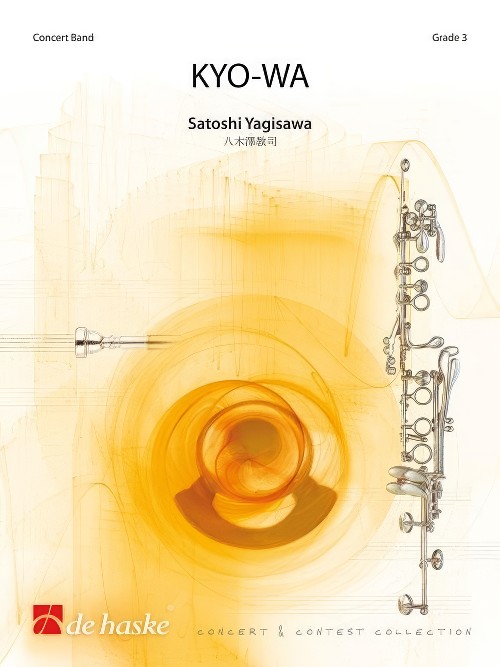 £149.99
£149.99Kyo-Wa (Concert Band - Score and Parts) - Yagisawa, Satoshi
KYO-WA is a suite in three movements - Fanfare, Chorale and March, which composer Satoshi Yagisawa wrote individually year on year between 2008 and 2010 for a symphonic wind band. The word KYO in the title can mean resonance, but also togetherness, working together and competition. WA means peace and harmony. These ideas, together with a broad palette of emotions from sadness and fear to hope and rapture, have been woven into a piece that is typical of his new compositional style.Duration: 11:45
Estimated dispatch 7-14 working days
-
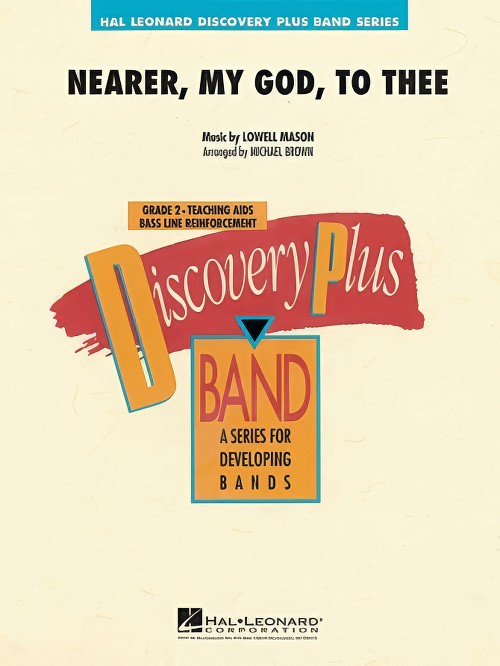 £60.99
£60.99Nearer, My God, to Thee (Concert Band - Score and Parts) - Mason, Lowell - Brown, Michael
100 years after the sinking of the Titanic, we are still drawn in and touched by this tragic story. Reported as one of the last songs played by the music ensemble aboard the ship, this tender hymn capsulises the emotions of the event. Beautifully scored by Michael Brown for young bands
Estimated dispatch 7-14 working days
